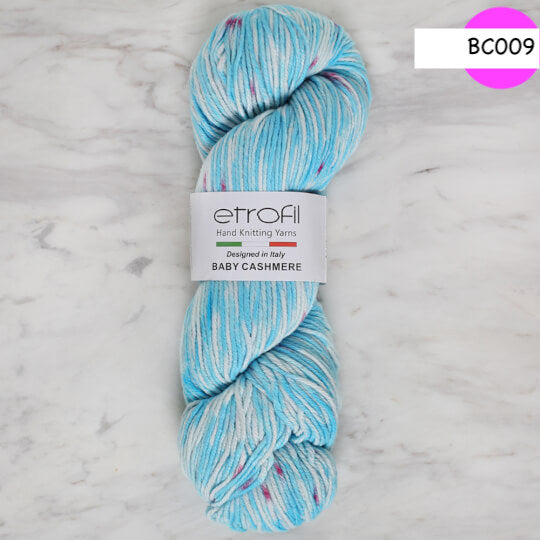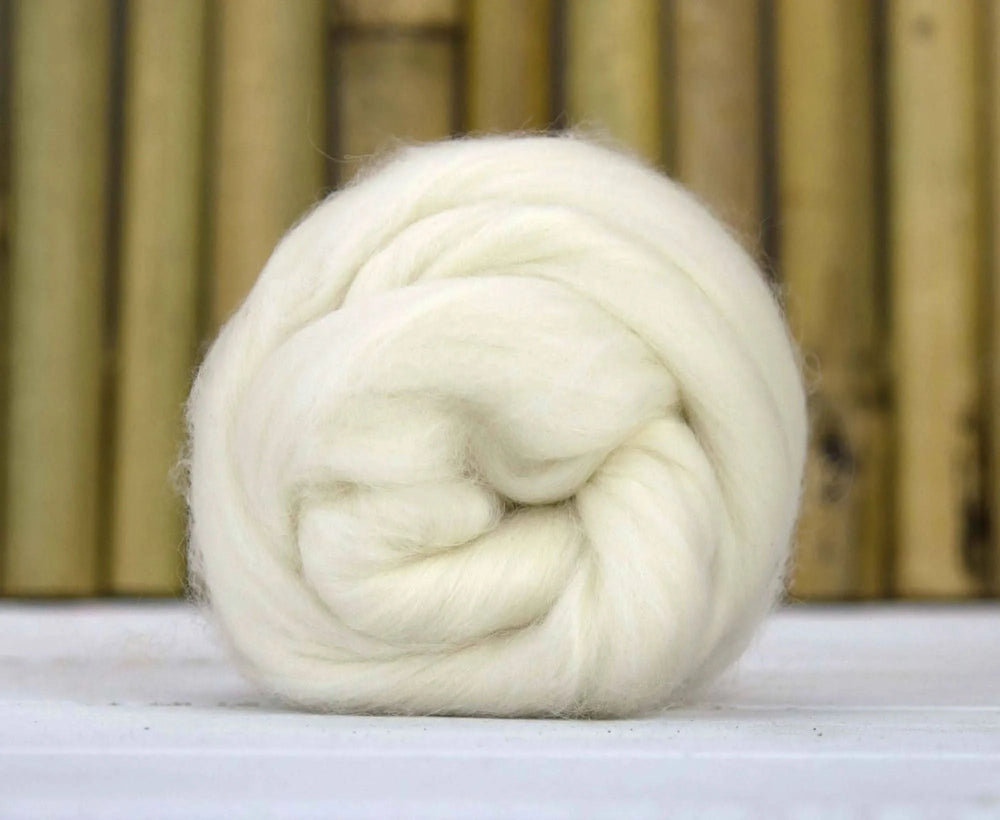The Beginnings and Benefits of cashmere in Creating Luxurious Clothing
The Beginnings and Benefits of cashmere in Creating Luxurious Clothing
Blog Article
Recognizing the Different Kinds Of Cashmere a Natural Fiber and Their Unique Benefits

The Beginnings of Cashmere: A Historical Summary
While the luxurious touch of cashmere continues to beauty modern customers, its beginnings trace back to the harsh, cold climates of Mongolia and the Mountain ranges. For centuries, the native individuals of these regions have been increasing Capra Hircus goats, the prime resource of cashmere woollen. These goats, resilient versus the extreme winters, grew a great undercoat to make it through, which later ended up being referred to as cashmere. The name itself admires Kashmir, an area in India where the woollen was initially refined. Much of the very early cashmere trade path was promoted by the Silk Roadway, connecting Asia with the Middle East and Europe. In spite of its international spread, the finest cashmere is still thought to originate from the original areas of Mongolia and the Himalayas.

The Manufacturing Process: From Goat to Garment
Shearing a Capra Hircus goat notes the inception of the complex cashmere manufacturing process. This fragile treatment typically happens annually during spring. The fine, soft undercoat is after that divided from the coarser outer hair, a procedure referred to as dehairing. The resultant raw cashmere is then washed to eliminate impurities such as dirt, vegetable, and grease matter.
The clean fiber is subjected to coloring, rotating, and weaving, or knitting, to transform it into a material. Facility treatments like quality assurance checks and completing processes comply with, guaranteeing completion product maintains the extravagant criterion expected of cashmere. This meticulous procedure, from goat to garment, validates the high expense connected to cashmere items, making them a sign of high-end and refinement.
The Numerous Sorts Of Cashmere: A Comprehensive Evaluation

The Unique Benefits of Cashmere: Comfort and Sustainability
Moving from the range of cashmere types to the benefits they use, comfort and sustainability stand out plainly. Cashmere, an all-natural fiber, is renowned for its unparalleled softness, providing a level of comfort that artificial fibers can't match.
When it involves sustainability, cashmere is biodegradable and renewable, as it's harvested from cashmere goats that regrow their layers yearly. what is cashmere. Unlike artificial fibers which can take hundreds of years to break down, cashmere's influence on the environment is minimal. This mix of convenience and sustainability makes cashmere a valuable option for mindful customers

Caring for Your Cashmere: Upkeep and Conservation Tips
While cashmere is unquestionably a luxurious and lasting selection, it needs specific like preserve its high quality and prolong its lifespan. To start, cashmere should be hand cleaned using chilly water and a mild cleaning agent. Prevent turning or wringing the garment as it can harm the fibers. Instead, carefully eject excess water and lay it flat on a towel to dry. In addition, cashmere products must be stored in a awesome and completely dry location, far from straight sunlight and dampness. Making use of moth repellents can Bonuses protect these garments from potential damages. Finally, it's a good idea to prevent hanging cashmere to stop extending. Rather, layer and store them effectively to preserve their shape and high quality over time.
Buying Cashmere: Comprehending Its Value and Well Worth
Although cashmere may initially appear like a costly financial investment, its long-term worth and worth become obvious when you consider its impressive high qualities. Understood for its unequaled softness and warmth, cashmere is a premium all-natural fiber that outmatches other products. Investing in cashmere, as a result, is not simply about present style trends, yet regarding welcoming a sustainable, long-lasting, and glamorous way of living.
Verdict
In recap, the type of cashmere one chooses, be it Mongolian, Chinese, or Italian, is determined by specific choices for warmth, deluxe, sustainability, and spending plan. Recognizing the beginnings, manufacturing process, and unique benefits of different types of cashmere can guide consumers in their investment in this luxurious all-natural fiber.
Whether it's the phenomenal heat of Mongolian cashmere, the price of Chinese cashmere, or the eco-conscious production click over here now of Italian cashmere, there's a story to be uncovered behind each fiber kind. Cashmere, an all-natural fiber, is renowned for its unparalleled gentleness, giving a level of comfort that synthetic my latest blog post fibers can't match.When it comes to sustainability, cashmere is biodegradable and eco-friendly, as it's harvested from cashmere goats that regrow their coats each year. Known for its exceptional soft qualities and warmth, cashmere is a premium all-natural fiber that outmatches various other products. Understanding the origins, manufacturing process, and distinct advantages of various kinds of cashmere can guide customers in their financial investment in this elegant all-natural fiber.
Report this page